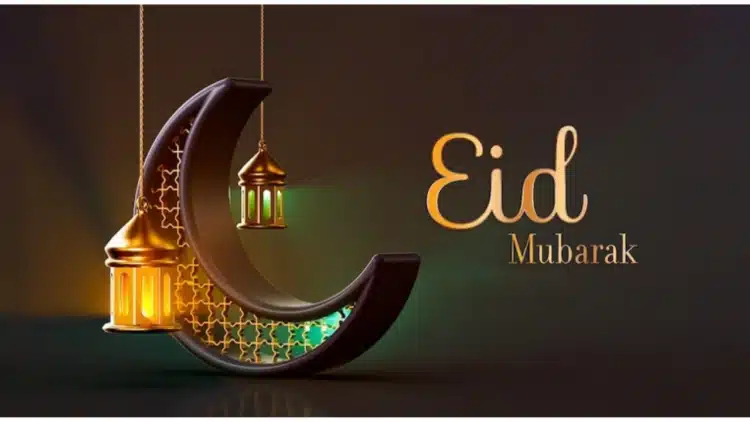Eid-ul-Fitr, often referred to as “Meethi Eid,” holds profound significance in the Islamic calendar. It serves as a joyous culmination of Ramadan, the holy month of fasting and spiritual reflection observed by Muslims worldwide. Celebrated during the first three days of Shawwal, the 10th month in the Islamic lunar calendar, Eid-ul-Fitr is a time of immense joy, communal prayer, and heartfelt festivities.
When Is Eid-ul-Fitr Celebrated?
In 2024, Eid-ul-Fitr is anticipated to occur around April 10th or April 11th, marking the end of the fasting month of Ramadan. However, the exact date varies annually, determined by the sighting of the moon. This variation may lead to differences in celebration dates by one or two days, depending on geographical locations and lunar observations.
The Celebrations of Eid-ul-Fitr
The celebrations of Eid-ul-Fitr commence with special prayers at mosques on the first day of Eid. Muslims gather for communal prayers, expressing gratitude and seeking blessings for the spiritual journey undertaken during Ramadan. After the prayers, warm greetings of “Eid Mubarak” are exchanged, symbolizing joy, renewal, and brotherhood.
Eid-ul-Fitr is a time for families and friends to come together, adorned in new clothes, to share in the festivities. Homes are filled with the aroma of delectable delicacies prepared for the occasion. Sevai, a sweet dish made from vermicelli, holds a special place on the Eid table, earning the festival its endearing nickname “Meethi Eid.”
Beyond the culinary delights, Eid-ul-Fitr embodies values of compassion, generosity, and solidarity. Families and communities extend acts of charity by giving gifts or money, known as Eidi, to children and supporting the less fortunate with donations of food and clothing. These acts of kindness reinforce the spirit of unity and compassion that defines Eid-ul-Fitr.
The Significance of Eid-ul-Fitr
The significance of Eid-ul-Fitr extends beyond its festive celebrations. Rooted in Islamic tradition, Eid-ul-Fitr holds profound religious importance. Its origins can be traced back to the early days of Islam, when Prophet Muhammad migrated from Mecca to Medina. The festival emerged as a symbol of faith, unity, and gratitude, marking the end of Ramadan and the beginning of a new spiritual journey.
Eid-ul-Fitr embodies the spirit of renewal and reflection, encouraging Muslims to strengthen their bond with Allah and their community. It serves as a reminder of the values of compassion, forgiveness, and humility practiced during Ramadan, which continue to resonate throughout the year.
“Eid Mubarak”: Spreading Joy and Blessings
“Eid Mubarak” is more than just a greeting; it encapsulates the essence of Eid-ul-Fitr – spreading joy, blessings, and goodwill to all. The phrase, which translates to “Blessed Eid,” reflects the heartfelt wishes for happiness, prosperity, and peace bestowed upon loved ones and strangers alike during this auspicious occasion.
